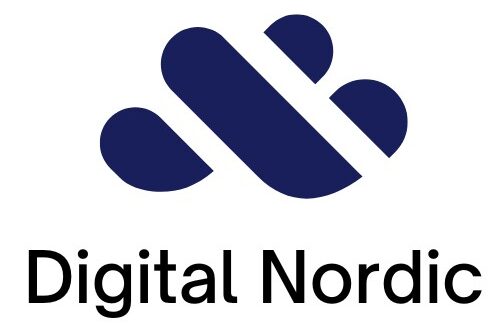In the last decade, we’ve seen a significant shift towards online shopping as more consumers are embracing the convenience and ease of shopping from the comfort of their own homes. E-commerce has revolutionized the retail industry, and it continues to grow at an unprecedented rate. In 2020, e-commerce sales worldwide reached $4.28 trillion, and the figure is projected to grow to $5.4 trillion by 2022.
The growth of e-commerce has been largely driven by digital marketing, which has transformed the way businesses promote and sell their products online. With the advent of new technologies and marketing techniques, businesses can now connect with their customers in more personalized ways, leading to increased engagement, loyalty, and sales.
Here are some of the ways digital marketing is transforming the future of e-commerce
Mobile Commerce
Mobile commerce or m-commerce has become increasingly popular among consumers, especially younger generations who are more likely to use their smartphones for shopping. In fact, according to a survey conducted by Statista, 72.9% of all e-commerce sales will be made via mobile devices by 2021. This shift towards m-commerce has created new opportunities for businesses to engage with their customers through mobile-optimized websites, apps, and social media platforms.
Digital marketing has played a significant role in promoting mobile commerce by using tactics such as SMS marketing, mobile search advertising, and push notifications to reach customers on their smartphones. These techniques have proven to be highly effective in increasing engagement and driving sales, as they enable businesses to deliver targeted messages that are relevant to the customer’s needs and preferences.
Social Media Marketing
Social media has become an integral part of our daily lives, and businesses are taking notice. Platforms such as Facebook, Instagram, and Twitter are powerful tools for businesses to connect with their customers and promote their products. Social media marketing enables businesses to build brand awareness, engage with customers, and drive sales through targeted advertising.
One of the most significant advantages of social media marketing is its ability to provide businesses with valuable insights into their customers’ behaviors and preferences. By analyzing data such as likes, shares, and comments, businesses can gain insights into what their customers are interested in and tailor their marketing strategies accordingly.
Artificial Intelligence and Machine Learning
Artificial intelligence (AI) and machine learning (ML) are rapidly transforming the e-commerce landscape. AI-powered chatbots, recommendation engines, and personalization algorithms are becoming increasingly common in e-commerce sites, providing customers with personalized experiences that mimic the in-store experience.
AI and ML are also being used to improve supply chain management, optimize pricing, and reduce fraud. By analyzing data such as customer behavior, inventory levels, and transaction history, businesses can make more informed decisions that improve efficiency and profitability.
Virtual and Augmented Reality
Virtual and augmented reality (VR/AR) technologies are enabling businesses to provide customers with immersive experiences that enhance the online shopping experience. VR/AR technology allows customers to visualize products in 3D, try them on virtually, and experience products in real-life settings.
For example, IKEA has developed an app that enables customers to place furniture in their homes using AR technology, giving them a better sense of how the products will look and fit in their space. This technology provides customers with a more engaging and interactive shopping experience, which can increase customer satisfaction and loyalty.
Voice Search Optimization
Voice search is rapidly becoming a popular way for customers to search for products and services online. According to a survey by Adobe, 48% of consumers use voice assistants for general web searches, and 25% use them for online shopping.
To take advantage of this trend, businesses are optimizing their websites for voice search by using natural language and long to take advantage of this trend, businesses are optimizing their websites for voice search by using natural language and long-tail keywords that align with how people speak. This involves incorporating conversational phrases and questions into website content and metadata.
The future of e-commerce is closely tied to the evolution of digital marketing. As technologies continue to advance, businesses that are able to leverage digital marketing strategies to connect with their customers in more personalized and engaging ways will be better positioned to thrive in the highly competitive e-commerce landscape. By embracing mobile commerce, social media marketing, AI and machine learning, virtual and augmented reality, and voice search optimization, businesses can stay ahead of the curve and provide customers with the best possible online shopping experience.

